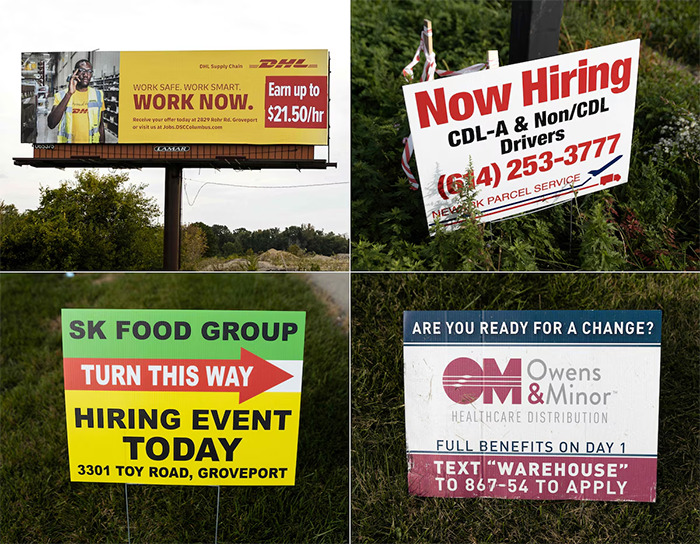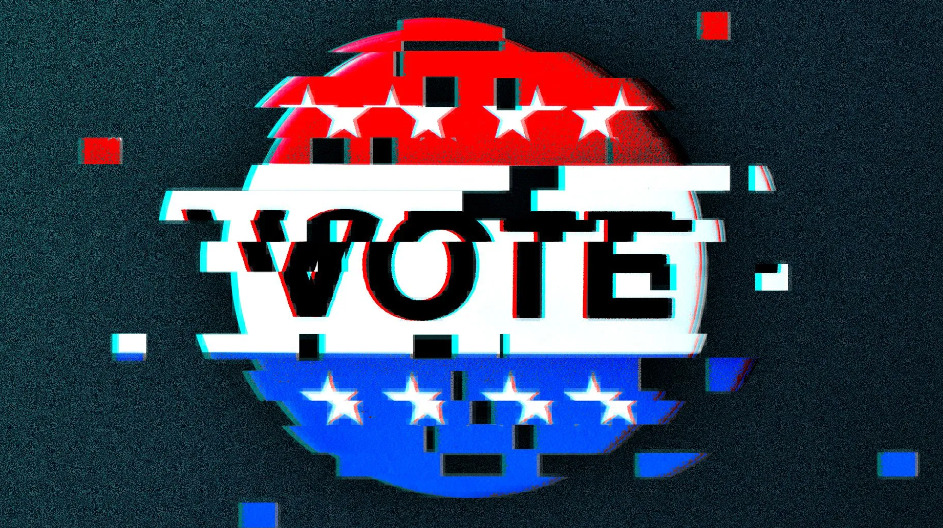
One reason so many are quitting: We want control over our lives again
The pandemic, and the challenges of balancing life and work during it, have stripped us of agency. Resigning is one way of regaining a sense…
Thought Leader: Amy Cuddy

After spending the last few weeks listening to Q3 earnings calls and product launches from the Magnificent 7 and their orbit, I think it’s safe to say:
We’re approaching a fundamental shift where AI doesn’t just scale operations—it enables radical personalization at scale. And this tension between “more” and “customized” will reshape how we communicate, campaign, and connect.
After listening to Salesforce’s Mark Benioff talk about the future of customer service and Google’s Sundar Pichai mention how browsing will change, here are six things that stood out to me—and what they mean for anyone navigating tech, politics, or the messy space between.
Salesforce calls it “the end of the do-not-reply era.” Google is reimagining search and Chrome as agentic interfaces. By next year, your customer won’t scroll through your website—they’ll ask a question, and an AI will answer on your behalf.
What that means for you: If your content isn’t structured for agents—clear product data, authenticated actions, safety guardrails—you’re invisible in that conversation. Start designing for a “briefed” world now.
Nearly every company referenced how AI collapses the barrier between “having an idea” and “shipping something.” Andreessen Horowitz drew parallels to early YouTube: suddenly, anyone could create and distribute content without a studio. Now, anyone can build software without hiring developers.
The catch: When everyone can create at scale, advantage shifts to orchestration—how seamlessly you connect identity, data, channels, and fulfillment. The magic isn’t in making things; it’s in making things work together reliably.
After listening to these calls, this is the juxtaposition that intrigues me most. AI is enabling companies to reach a wider audience while simultaneously tailoring every interaction.
For campaigns and advocacy: 2026 and 2028 will be the first elections where agentic stacks let you contact, persuade, and service constituents at unprecedented scale—but in messages that feel like they were written for each person. The transparency challenge here is huge.
While it’s popular to say that ”AI replaces people,” leaders kept describing AI as expanding what humans can handle:
The advantage isn’t zero-human; it’s right-human. To me, this means you put your best people where judgment, nuance, and relationships truly matter. Use agents to amplify their impact.
Across every call and launch, no one could escape these these three elements that are impacting their next steps:
Your move: Lock long-lead capacity early. Build relationships with policymakers before you need them. Align your safety and transparency practices with where regulation is heading, not where it is today.
What’s happening: Platforms are competing for catalogs, not just users. More content means more moderation complexity. Global scale will stress those choices in ways we haven’t seen yet.
We’re very close to witnessing a fundamental shift in how we interact with browsers, brands, and one another. Personalization at this level will change how we present information, the companies we work with to deliver it, and the necessary level of transparency about what we’re doing.
The companies getting this right won’t be the ones who scale fastest or personalize best—they’ll be the ones who figure out how to do both while earning trust along the way.
Katie Harbath is a leading voice on how technology shapes democracy. Drawing from more than a decade at Facebook, where she built and led the global elections team, Katie offers rare, firsthand insight into the challenges and opportunities at the intersection of tech, policy, and civic engagement. Her engaging presentations help audiences understand how to navigate the evolving digital landscape while leveraging innovation to strengthen communication, trust, and participation. To bring Katie to your next speaking event, contact WWSG.
One reason so many are quitting: We want control over our lives again
The pandemic, and the challenges of balancing life and work during it, have stripped us of agency. Resigning is one way of regaining a sense…
Thought Leader: Amy Cuddy
Scott Gottlieb: How well can AI chatbots mimic doctors in a treatment setting?
This is an Op-ed by WWSG exclusive thought leader, Dr. Scott Gottlieb. Many consumers and medical providers are turning to chatbots, powered by large language…
Thought Leader: Scott Gottlieb
Sara Fischer: The AI-generated disinformation dystopia that wasn’t
This piece is by WWSG exclusive thought leader, Sara Fischer. Amid the craziest news cycle in recent memory, AI-generated deepfakes have yet to become the huge truth…
Thought Leader: Sara Fischer

